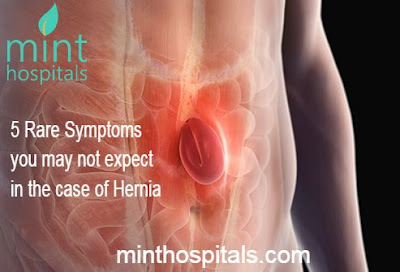How various health complications arise due to PCOS
Ever heard of polycystic ovary syndrome (PCOS)? If you are a woman who has had trouble with uncontrollable facial hair or getting trouble pregnant then you might have thought it is some disorder. But there is nothing to worry, as PCOS is one of the most common causes of female infertility which affects up to 6 to 12 % of women annually of women in their reproductive ages. But it is a lot more than just that. PCOS can be a lifelong health challenges for some and may continue beyond childbearing years.
Women who have PCOS may not make enough insulin, increase their risk of type 2 diabetes, have higher levels of androgens, stop eggs from being released and cause irregular periods, acne, thinning scalp hair and have excess hair growth on both the face and body.
Women with PCOS can develop serious health complications such as the following, especially if they are overweight.
1) Diabetes: More than half of women with PCOS may develop type 2 diabetes by the age of 40.
2) Gestational Diabetes: It puts the pregnancy and baby at risk thus leading to type 2 diabetes later in life for both the mother and the child.
3) Heart diseases: women with PCOS are at higher risk, and the risk increases with age.
4) High blood pressure: It can damage the heart, brain, and kidneys.
5) High LDL and low HDL: LDL refers to bad cholesterol and HDL refers to good cholesterol. It increases the risk of heart disease.
6) Sleep apnea: a disorder that causes breathing to stop during sleep and also raise the risk of heart disease and type 2 diabetes.
7) Stroke: Clogging blood vessels that can lead to blood clots that in turn can cause a stroke.
8) Weight: Does being overweight cause PCOS? Having PCOS may increase your weight?
The relationship is complicated and not fully understood. Being overweight is said to be associated with PCOS and many women of normal weight may have PCOS and many who are not overweight may not.
PCOS is also linked to depression and anxiety, though the connection is not fully understood. PCOS tends to run in families. Women who have their mother or sister with PCOS or type 2 diabetes are more likely to develop PCOS. Thought lifestyle can have a big impact on insulin resistance, especially if a woman is overweight because of an unhealthy diet and lack of physical activity. When you lose weight it will often help improve symptoms no matter what caused the insulin resistance. Polycystic Ovary Syndrome hospital in Chennai can help you with regard to PCOS.
PCOS symptoms sometimes may be clear, and sometimes they’re less obvious. You may visit a dermatologist for acne, hair growth, or darkening of the skin in body creases and folds such as the back of the neck, a gynaecologist for irregular periods, and your family doctor for weight gain, not realizing these symptoms are all part of PCOS. Some women with PCOS will have just one symptom; others may have them all or not have it at all. This is where the Hospital for PCOS and gynecologist treatment in Chennai can diagnose the exact ailment and help you in your course of healing journey.
They determine if you have PCOS or not and check for all the symptoms. Healthy changes in your lifestyle such as losing weight if you’re overweight and increasing physical activity can lower your risk for type 2 diabetes, help you better manage diabetes, and prevent or delay other health problems. There are medicines that can help you ovulate, as well as reduce acne and hair growth. Make sure to talk with your health care provider at Polycystic Ovary Syndrome hospital in Chennai about your treatment options to know more. http://www.minthospitals.com/
Note
This content originally published by Mint hospital a multi-specialty hospital in Chennai, and Best Urology Hospital in Chennai offering all-around medical support for infertility and related problems for both men and women. The Hospital located in Adyar has an experienced team of specialists ready to address any of your medical needs




Comments
Post a Comment